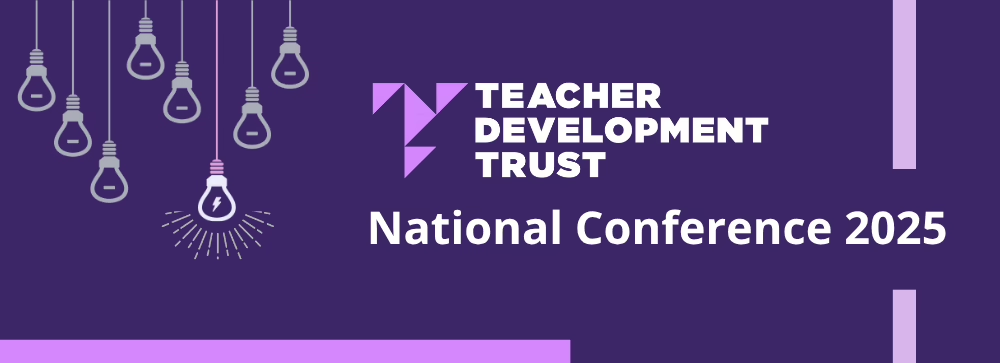On Monday 24th February 2025, TDT convened an expert working party of education professionals from across the country. The goal? To explore and define the uniqueness of teacher learning.
It was a privilege to be part of rich initial discussions that revealed critical insights challenging conventional approaches to teacher professional learning, and set some foundations for how we articulate how teachers learn.
If culture and leadership is not right, CPD won’t stick
The conversation began with the unanimous recognition that school culture is paramount. Teachers do not learn in isolation; their development is shaped by school culture, leadership and environmental factors. This highlights the need for an ‘ecosystem approach’ that connects teachers and their professional context. It was recognised that their development deepens when learning is linked to classroom practice and pupil outcomes (academic and personal); this collective self-efficacy drives meaningful development and requires strong school leadership.
It was clear throughout the discussion that teachers, much like children, all learn differently and that any approach to understanding this discipline requires recognition of the nuances at play. However, there were key emerging themes that spanned all areas of teacher education when discussing how teachers learn best.
It’s much more nuanced than ‘novice’ vs ‘expert’
Firstly, traditional educational models, such as those applied to pedagogy, often assume linear progression of learning. We regularly apply this to teachers by referring to them as ‘novice’ or ‘expert’, therefore professional development can make assumptions about teachers’ learning based on where they are on this continuum. It was agreed that teacher learning goes way beyond this simple model. Applying this simplistic model discounts the critical factors that really support long-lasting, meaningful development.
One of these factors is a teacher’s autobiography – their values, behaviour, attitudes and prior learning experiences. Allowing time to reflect on these and understand them offers a crucial foundation upon which to build any future learning. The group explored how a teacher understanding their individual learning journey, from childhood experiences to adult professional development, can support their understanding of their own teaching approach This highlighted that teacher development is more effective when learning is identity-focused rather than based on assumptions about career stage.

A further insight identified by the group is that teacher expertise doesn’t develop in a linear fashion as standard pedagogical models may suggest. Teachers simultaneously hold expertise in some areas whilst developing others, the two can strongly relate to one another. Therefore practices in teacher education need to consider the relationship between the two. Unlike children, teachers will often hold skills, knowledge and/or experience associated with the key area of development for them to utilise and build upon. It is this that will allow teachers to navigate between the different states of expertise rather than being treated as uniformly ‘novice’ or ‘expert’.
Teachers are exhausted and turned off by the ‘done to’ approach
As the discussion progressed, three key phrases were repeated:
- autonomy,
- curiosity
- creativity.
These concepts highlight how learning for teachers is a dynamic process of using existing knowledge, understanding the professional challenges and retaining control over their own learning journey. For teacher education to support this approach it needs to balance these elements skillfully, creating structures and providing frameworks that allow critical thinking, whilst respecting teacher professional agency. Ultimately, when teachers are able to align the learning with their own context and professional needs they are more likely to engage deeply and retain new expertise.
Teachers need to feel a sense of agency – they need to feel trusted and not judged
However, what will come as no surprise to anyone in the sector is that all of this was caveated with one word – time. How do we ensure protected time for genuine learning, including reflection? Too often, professional development time is filled with easily measurable activities, and one size fits all solutions, squeezing out essential reflective practice. This is what makes this piece of work so complex and more nuanced than measurable. A level of trust is required. There was a definite feeling amongst the group that in order to learn effectively teachers need both space and trust to develop new expertise and integrate learning. Without this, learning can remain surface level rather than transformative.
Learning happens in dynamic environments
Finally, to develop long-term expertise, teachers need to balance learning with practice. It is essential for them to not only understand research and evidence but also to engage with it meaningfully and critically, but do they have the necessary skills to do so?
Motivating teachers to engage in research and professional development is key, and one approach that was explored by the group was offering research/inquiry-based CPD that provides autonomy while building skills in areas of education that are personally relevant to the individual. This would foster research literacy, where teachers are taught how to critically engage with evidence, empowering them to make informed decisions that positively and directly impact their practice.
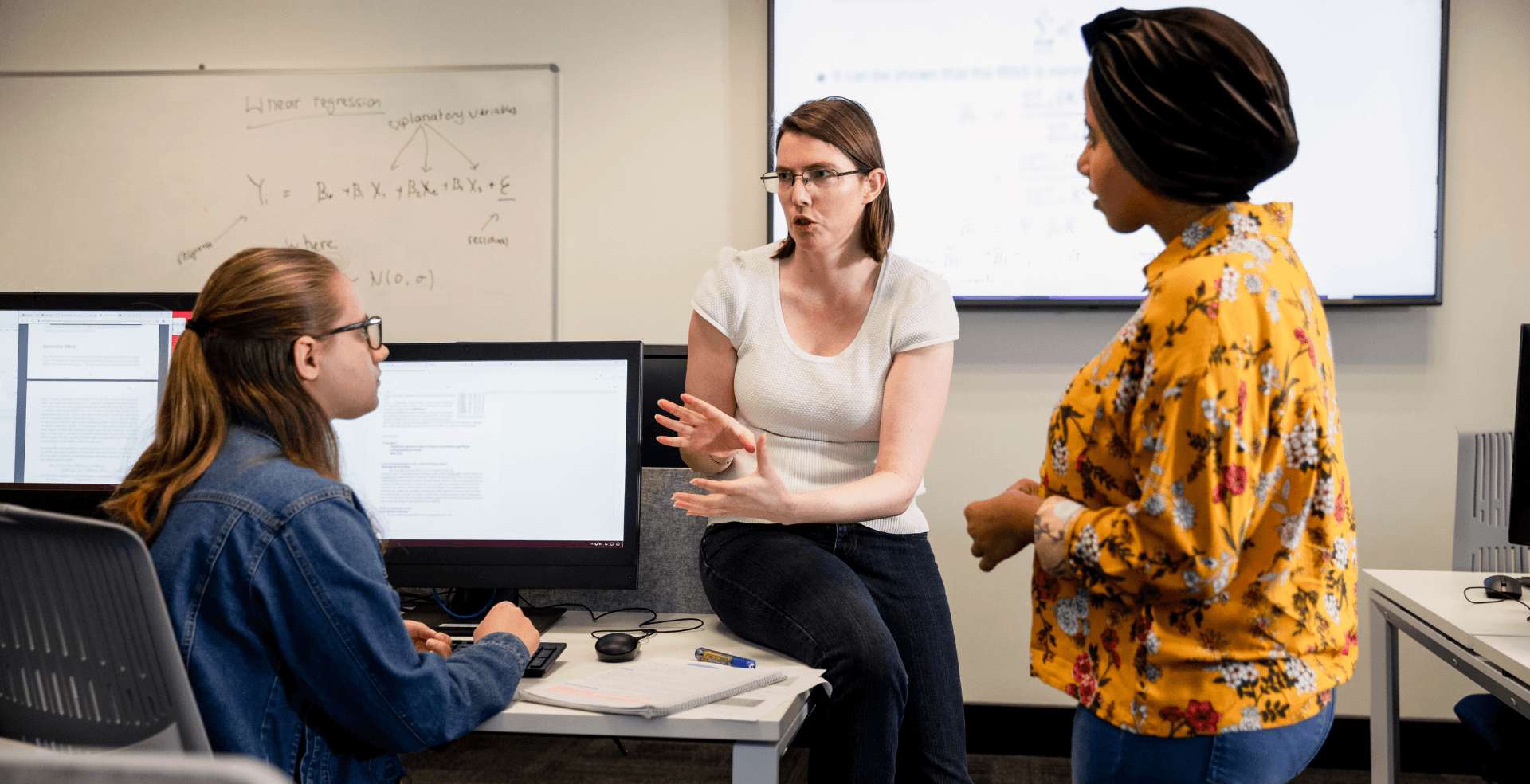
The search for a specific term to capture this discipline continues as the group explores the language around teaching and education further. However, one thing is clear, the conversation has only just begun.
This expert working is committed to exploring further how teachers learn, acknowledging both the challenges within education structures and the opportunities here for meaningful change.
To move forward, we need wider input from teachers and leaders. What makes teachers unique in their learning? What insights can be shared by those in schools? If you are interested in contributing, whether through discussion, research or collaboration we’d love to hear from you.
Get in touch by completing this form to help us shape this vital work.
About TDT’s Expert Working Party

Gareth Conyard, CEO, TDT
Prior to TDT, Gareth worked at the Department for Education on a range of policies from early years to higher education. He also spent two years as an Education Adviser at the Department of International Development.

Andrea Bean, Research and Evaluation Manager, TDT
Andrea has worked across different areas of the organisation including facilitation of NPQs and TDT’s own products. Before joining TDT she spent 16 years working in primary education, 10 of which were as a senior leader including the role of school principal.

Anne Cameron, Director of Partnerships and Impact, TDT
Anne has led on development, delivery and recruitment to professional development programmes for the last fifteen years, the last ten specifically focused on serving teachers and leaders in state schools across England and Wales.
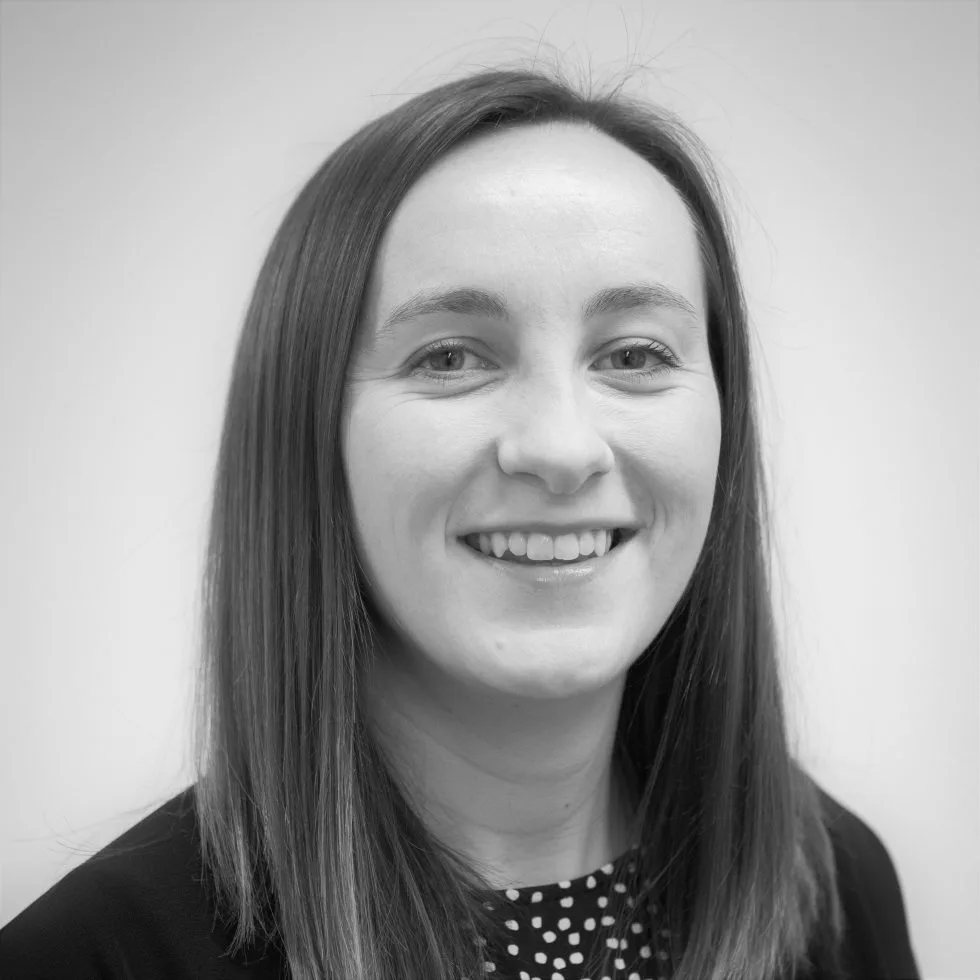
Bethan Hindley, Director of Design and Delivery, TDT
Bethan leads the design and implementation of TDT development programmes, managing blended training course content and delivery. She also established the TDT Learn virtual learning environment. Previously, she taught secondary maths and economics in London and later led this in Sao Paulo.
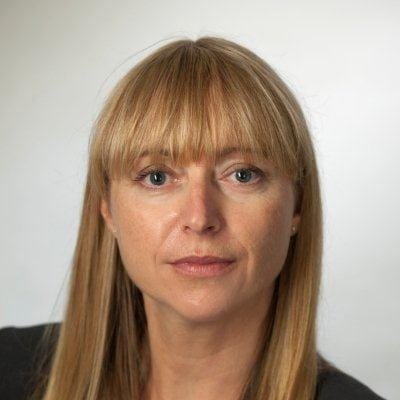
Prof. Tanya Ovenden-Hope, Dean and Professor of Education, Plymouth Marjon University
Tanya has three decades experience in schools, colleges and universities in England as a teacher, teacher educator, educational leader and educational researcher. She is author of over 100 papers, reports, articles and books, and is dedicated to exploring social inequity and educational disparity

Sam Gibbs, Director of Education, Greater Manchester Trust
Sam is an experienced teacher educator and coach, who has delivered evidence-informed training on curriculum design and implementation to primary and secondary schools across the country. She co-founded English-Ed and was previously an Advanced Skills Teacher and leader in English departments.
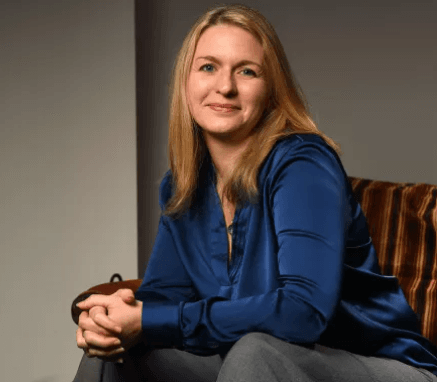
Emma Hollis, CEO, National Association of School-Based Teacher Trainers (NASBTT)
Prior to becoming the CEO of NASBTT, Emma was Head of Initial Teacher Training (ITT) for a School-Centred ITT provider, then Head of Teaching School and subsequently Head of Education Strategy for a newly-formed MAT, Emma has worked closely with NASBTT since 2016 when she joined the Management Team. She took up the role of Executive Director in 2017, becoming CEO in 2024.
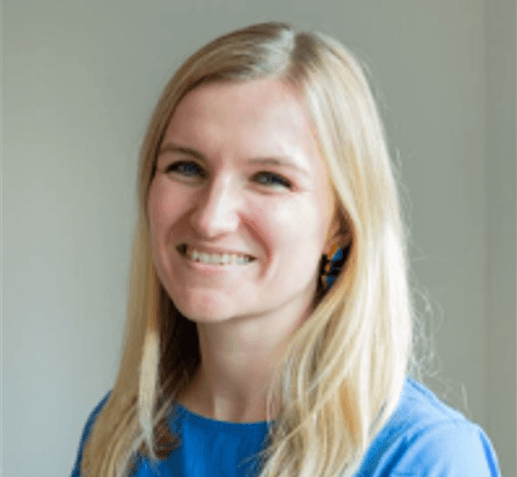
Dr. Lisa-Maria Muller, Head of Research and Policy, Chartered College of Teaching
Prior to joining the CCoT, Lisa-Maria was postdoctoral research associate at the Universities of Cambridge and York, working on projects relating to foreign language learning. She is a qualified MFL teacher with experience in schools in Austria and England and has obtained her PhD from the University of Vienna.

Prof. Philippa Cordlingley, Chief Executive, CUREE
Philippa is an internationally acknowledged expert in using evidence to develop education policy and practice. She leads CUREE’s research and evaluation projects and also founded (and was professional adviser to) the National Teacher Research Panel and chaired of the EPPI Centre Impact of CPD Review Group
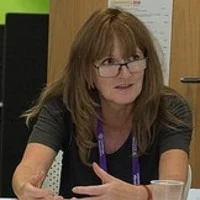
Prof Caroline Daly, Professor of Teacher Education, University College London
Caroline taught in secondary schools before teaching on the English PGCE programme and leading national practice-based masters programmes for teachers in England and Wales. She is a Fellow of the International Professional Development Association.
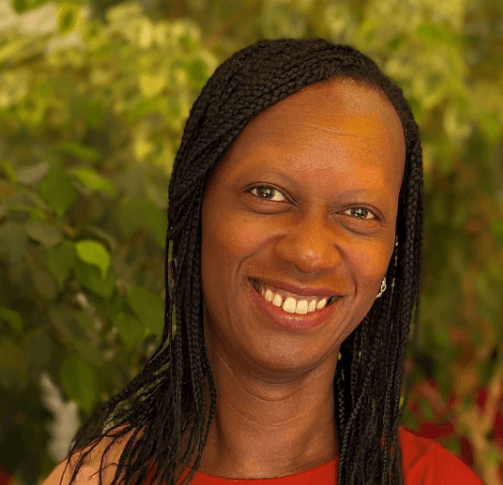
Sarah Botchway, Director, London South Teaching School Hub
Sarah boasts a 20-year career in education, covering teaching 3-year-olds through to Key Stage 3 and 4 students. Sarah has held many significant leadership positions, including Headship and Associate Headteacher in London,
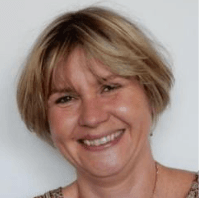
Jane Kennedy, Lead adviser for professional learning and commercial engagement, Education Durham
Jane has worked closely with the Education Endowment Foundation for a number of years, developed partnerships with Evidence Based Education and the National Literacy Trust and supported the Teacher Development Trust in writing materials for their new NPQLL.




